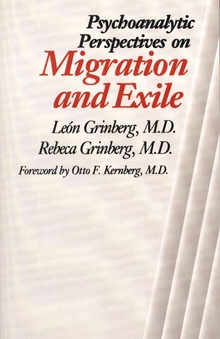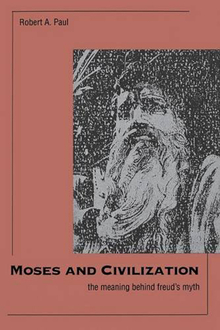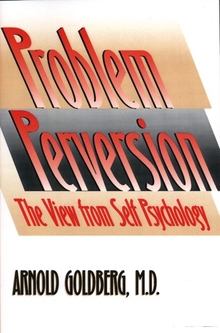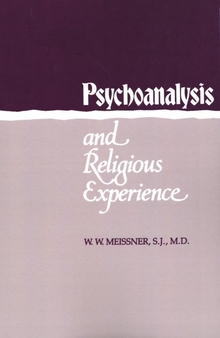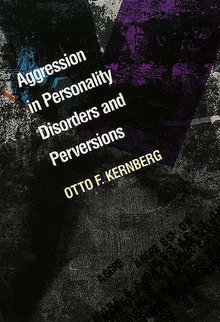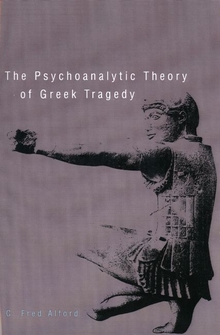Psychoanalytic Perspectives on Migration and Exile
WARNING
You are viewing an older version of the Yalebooks website. Please visit out new website with more updated information and a better user experience: https://www.yalebooks.com
León and Rebeca Grinberg; Translated by Nancy Festinger; Foreword by Otto F. Kernberg, M.D.
Although human migrations have been examined by historians, sociologists, demographers, and economists, among others, the effects of relocation have never before been studied in detail from a psychoanalytic viewpoint. In this book, previously published in Spanish and French, Drs. León and Rebeca Grinberg provide the first psychoanalytic study of normal and pathological reactions to migration.
Drawing on rich clinical material, on literature, and on myth, the Grinbergs discuss the relationship between migration and the language and age of the traveler; they consider its effects on the migrant’s sense of identity; they emphasize the special problem of exile, where departure is involuntary and return impossible; they draw insightful analogies between the migratory experience and human development, which can be seen as a series of arrivals and departures, and between migration and adoption, both instances of profound dislocation. The Grinbergs look at the phenomenon of migration in terms of the different types of anxieties it can awaken: persecutory anxieties in the face of change, depressive anxieties in which one mourns for others left behind and for the lost parts of the self, and confusional anxieties over the inability to distinguish between the old and the new. These anxieties, together with the symptoms and defense mechanisms they may produce, are part of what the Grinbergs call the psychopathology of migration. According to the authors, the ability to overcome these anxieties and recover the pleasure of thinking and desiring and the capacity for making plans for the future promotes an enrichment of the ego and the consolidation of a more evolved sense of identity, marking a positive point in maturation.
"First published in Spanish in 1984, this far-reaching study—the first of its kind—centers on normal and pathological mourning, examines the array of anxieties (associated with persecution, depression, and disorientation) and defenses, and discusses the impact of migration on the sense of identity."—Bulletin of the Menninger Clinic
"An exceptional exploration of a very important area of human experience which has received only scant attention in the psychoanalytic literature."—Harold P. Blum, M.D.
"The North American psychoanalytic world is not much accustomed to psychoanalytic works emanating from Spain. This drought is now being alleviated by [Psychoanalytic Perspectives on Migration and Exile]. . . . The book . . . is clearly written, stating its points in comprehensible fashion, and the translator has done a good job. . . . The themes of migration and exile touch on almost all the problems psychoanalysts must deal with. Accordingly, the book is of value to all psychoanalytic readers and is to be highly recommended."—Nathan Roth, M.D., American Journal of Psychotherapy
"This is a remarkably timely book, and at the same time a timeless one; consideration of the psychology of migration will help us understand the dilemmas of the many people recently liberated from behind the Iron Curtain, as well as those of others elsewhere who have become refugees. . . . An unusual and valuable book on applied psychoanalysis."—International Journal of Psychoanalysis
Publication Date: August 11, 2004

